Bowhunting is a serious business for many hunters. Whether you pay money for a lease, own property, or travel to hunt public or private land out of state, most of us spend a good amount of money preparing for each deer season.
Because of this, some hunters feel the need to bend or break small rules that most likely go unnoticed. I see this happen all the time on private and public ground. Although some laws might be of minor importance, rules are rules. Here are a few of them I see commonly broken.
1. Mineral and Baiting
“Everyone does it, if I don’t do it, I won’t see deer.” I hear that one all the time. In my home state of Wisconsin, more than 80% of the state has banned baiting or feeding of mineral. Yet, I see trail camera photos from all over the state of big deer gathered around a mineral lick in July or a corn pile in November. Sadly, I see cardboard bins full of mineral lick supplies around back at local co-op stores in the counties I hunt.
The alternative? Make a scrape post in the middle of your food plot or edge of a crop field. You may not get the number of quality photos, but you will get a good gauge of what deer are in the area. Just because everyone is doing it doesn’t make it right.
If you get stopped by the police, using the excuse of, “I was keeping up with traffic – everyone else was speeding,” won’t fly. There are solid alternative options to get a deer close into range. Use those when mineral or bait are illegal.
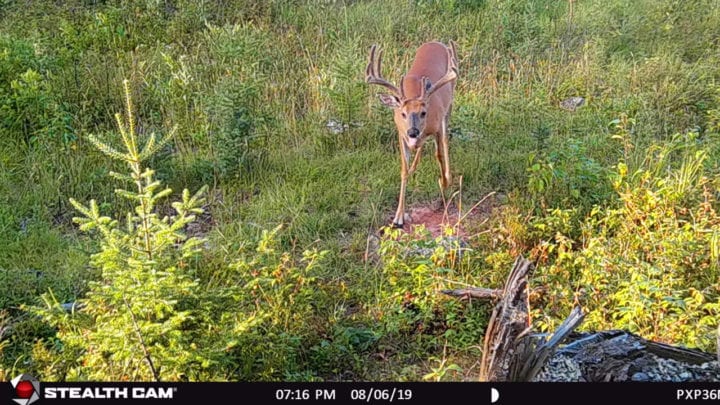
2. Legal Shooting Hours
Every year come firearm season in Wisconsin, I hear multiple shots ring off five, ten, and even fifteen minutes before legal light. I shake my head in disgust. First, I say a small prayer hoping it wasn’t a firearm incident.
If it was a shot on a deer, I hope they missed, and soon realize what they did was illegal.
Sadly, many hunters put little effort into realizing the exact beginning or end to legal shooting hours. They just go by ‘too dark to shoot.’
Each year I screenshot legal shooting hours and save it to the favorites in my phone. Don’t be the guy or gal who plays by the ‘I could see well enough to shoot’ mantra.
Yes, shooting a deer in the middle of the night is more egregious than not paying attention to your watch and shooting a deer two minutes after legal light. Hunting a field edge during early season can really throw you off if you’re not paying attention.
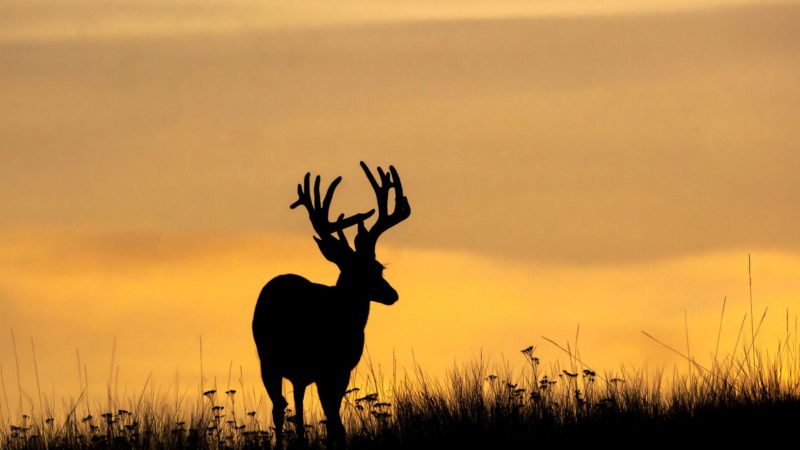
Edges are much lighter at the end of legal light during early season as compared to hunting inside the timber. Focusing on things like shooting hours makes us ethical hunters and a good example if you’re taking youth hunters with you afield this fall.
Playing by the rules usually comes back to reward you. If it doesn’t, at least you have zero worries about any wrongdoing.
3. Not Wearing Blaze Orange
This is another pet peeve of mine. It not only bothers me because some people deliberately won’t wear blaze, possibly thinking they’re too hardcore of a hunter. It is extremely unsafe and has the potential to impact someone’s life forever. I see hunters bending this rule all the time when hunting box or ground blinds.
They feel entitled to remove their tiny blaze orange vest (which was never covering 50% of their body anyways) inside the comfort of their blind, thinking no one will notice. They’re probably right, no one is likely to spot them. Still, it is illegal. Then at last light, they’ll slip it back on for the walk back to the truck just in case authorities are there to greet them and do a license check.
Another blaze orange mistake I see is hunters not wearing blaze orange while bowhunting during youth or doe only firearm seasons.
First of all, you should understand and know all deer season dates in your state. Yes, it gets overwhelming with the amount of doe only hunts or youth firearm hunts in whitetail states. However, it is your responsibility to understand when these hunts take place and wear proper attire.
Claiming negligence won’t fly. Every year, I see blaze orange-less selfies posted inside major hunting social media pages during a firearm season and the bowhunter had no idea. Know the season dates.
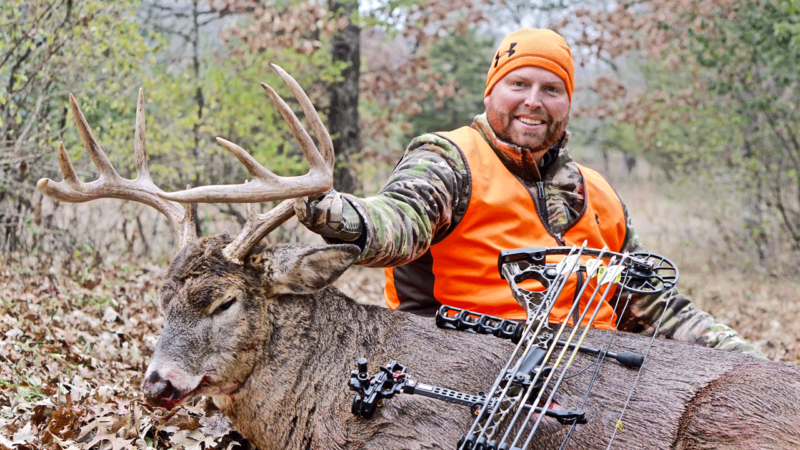
4. Party Hunting
Group or “Party Hunting” has a deep tradition in a few deer hunting states. In some states, you can harvest a deer for someone else during firearm season only, but you must be within sight or sound of one another.
The rule states that all members of a party hunt must be actively hunting and in the field. Many people bend this rule and have a spouse or friend purchase a hunting license, and then proceed to harvest a deer without that person ever actively being in the woods with you.
Hunting behind your house one hundred yards with your wife sleeping in bed doesn’t count. The use of cell phones or other electronic devices to stay in contact does not count as being within sight or sound of another hunter in the party.
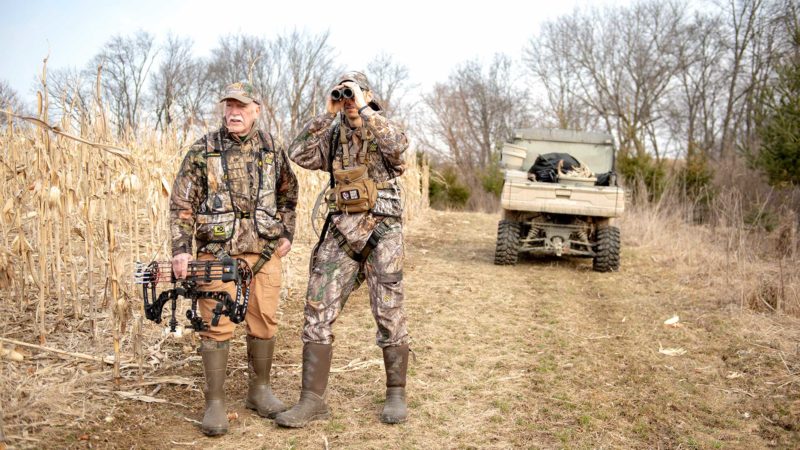
5. Not Registering Your Deer When Required
The days of high-fives around the tailgate of a truck at a gas station are pretty well over. I’m not going to lie, I miss those days.
I remember driving through the hills and valleys near my parents hunting grounds to the local gas station and seeing the old timers stroll up to the bed of our truck to take a peek. It was a moment of pride for many hunters.
Like many social aspects of our lives in the 2020’s, tailgate chats are gone in most places due to online registration. Had online registration not become the norm before 2020, Covid would’ve likely forced a change for most states.
Many state agencies made this change because online registration is accessible, easy, and it was a major inconvenience for rural hunters to locate a registration station.
Online registration is simple and usually takes less than three minutes. Although a lot of states no longer require you to visibly display your license, it is still required by many to have your license printed or to have a conservation card with you to scan if necessary.
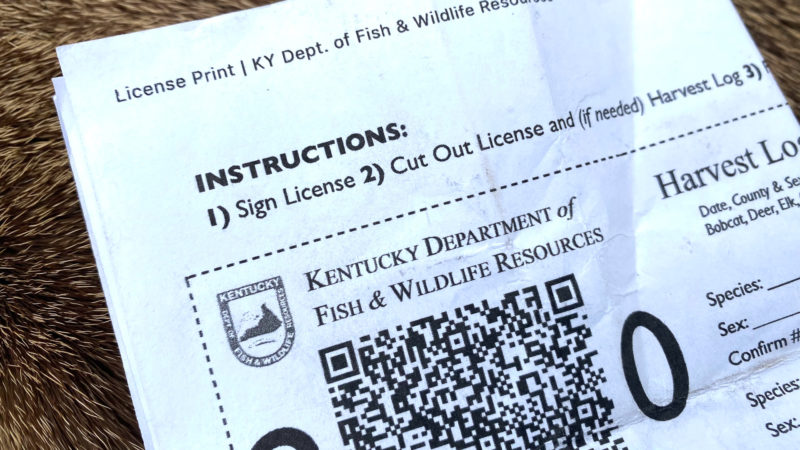
There are so many details in a regulation handbook these days. Frankly, it can be such a burden that rules and regulations can be a barrier to entry for those considering hunting.
Pick any state, and your likely to go crazy trying to remember every regulation. The main thing is to visit your local DNR’s website and take a peek at highlighted changes. Most states do a great job of informing citizens of any major change to a law or regulation that has traditionally been well-known. What small laws do you see being commonly broken?

 By
By 



